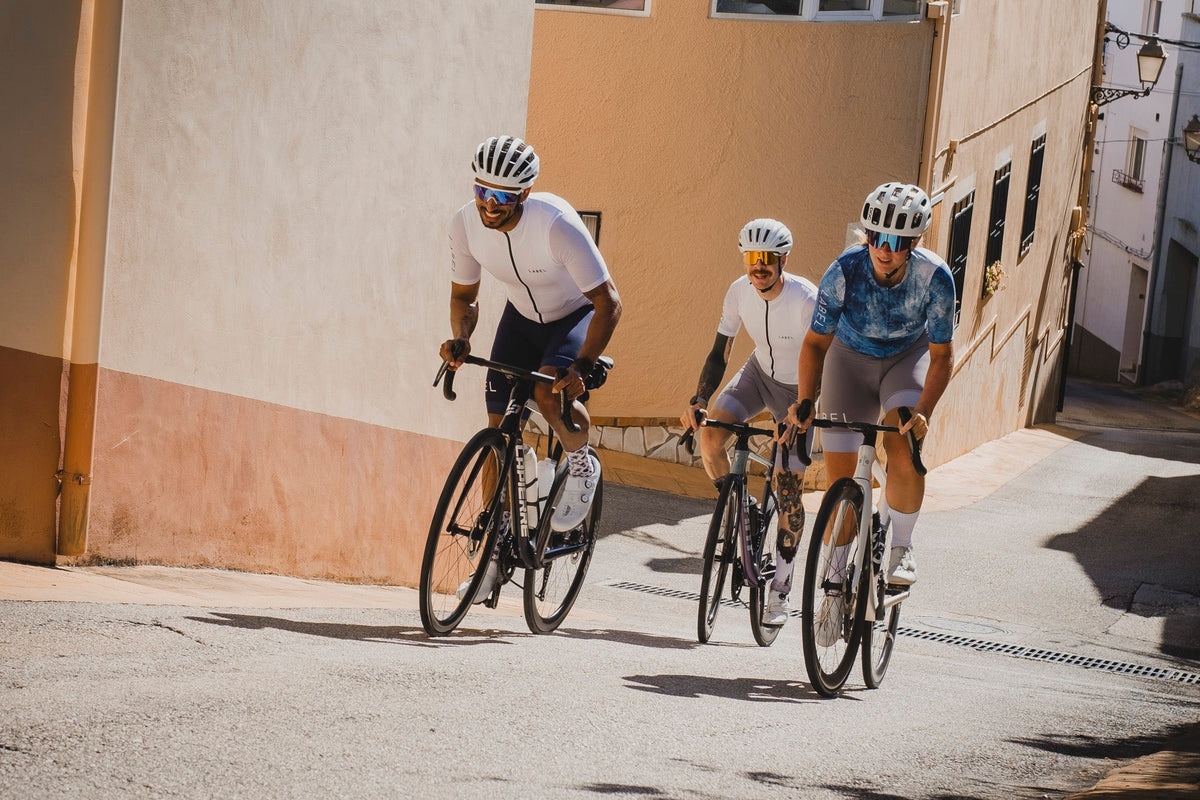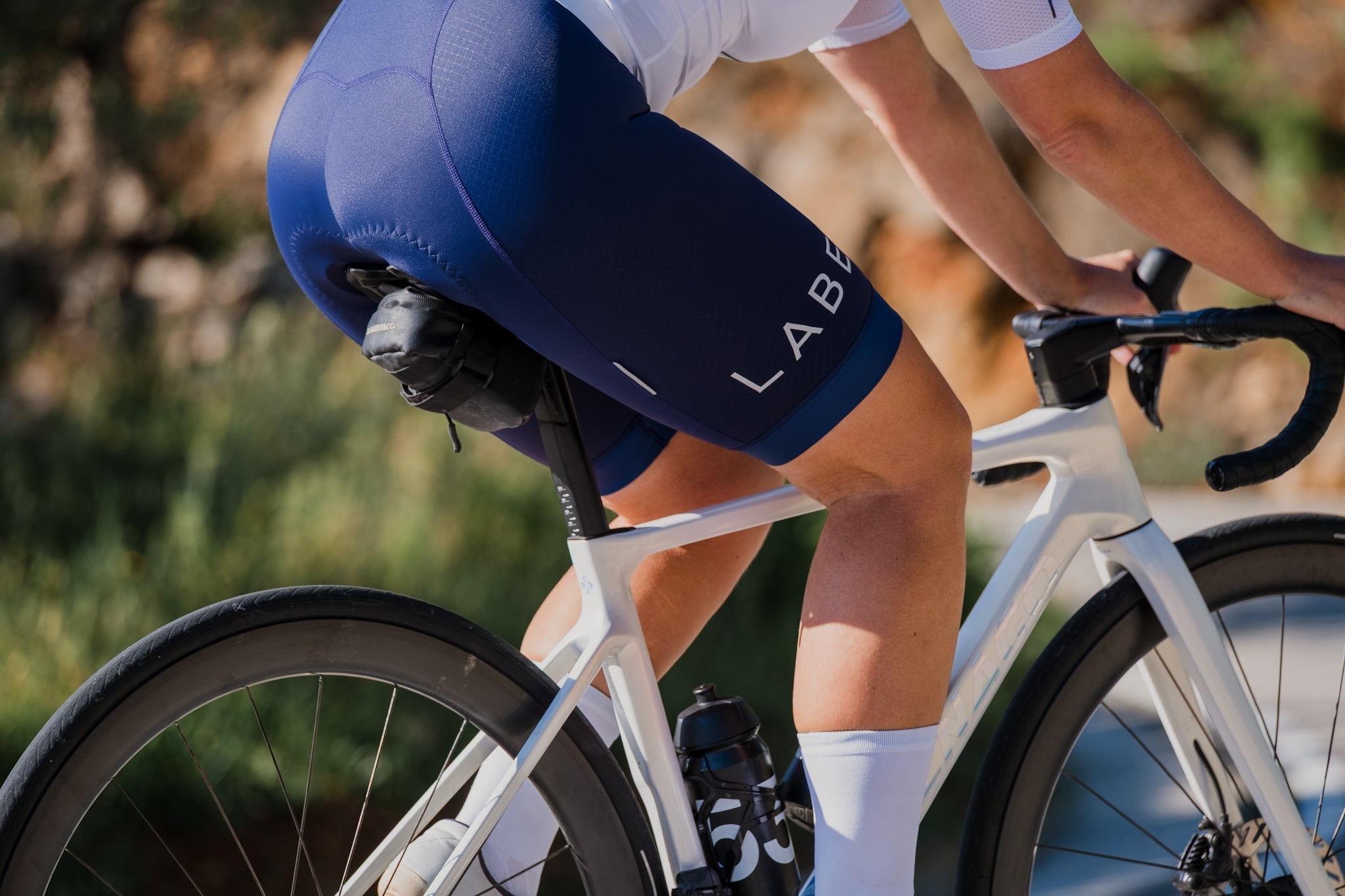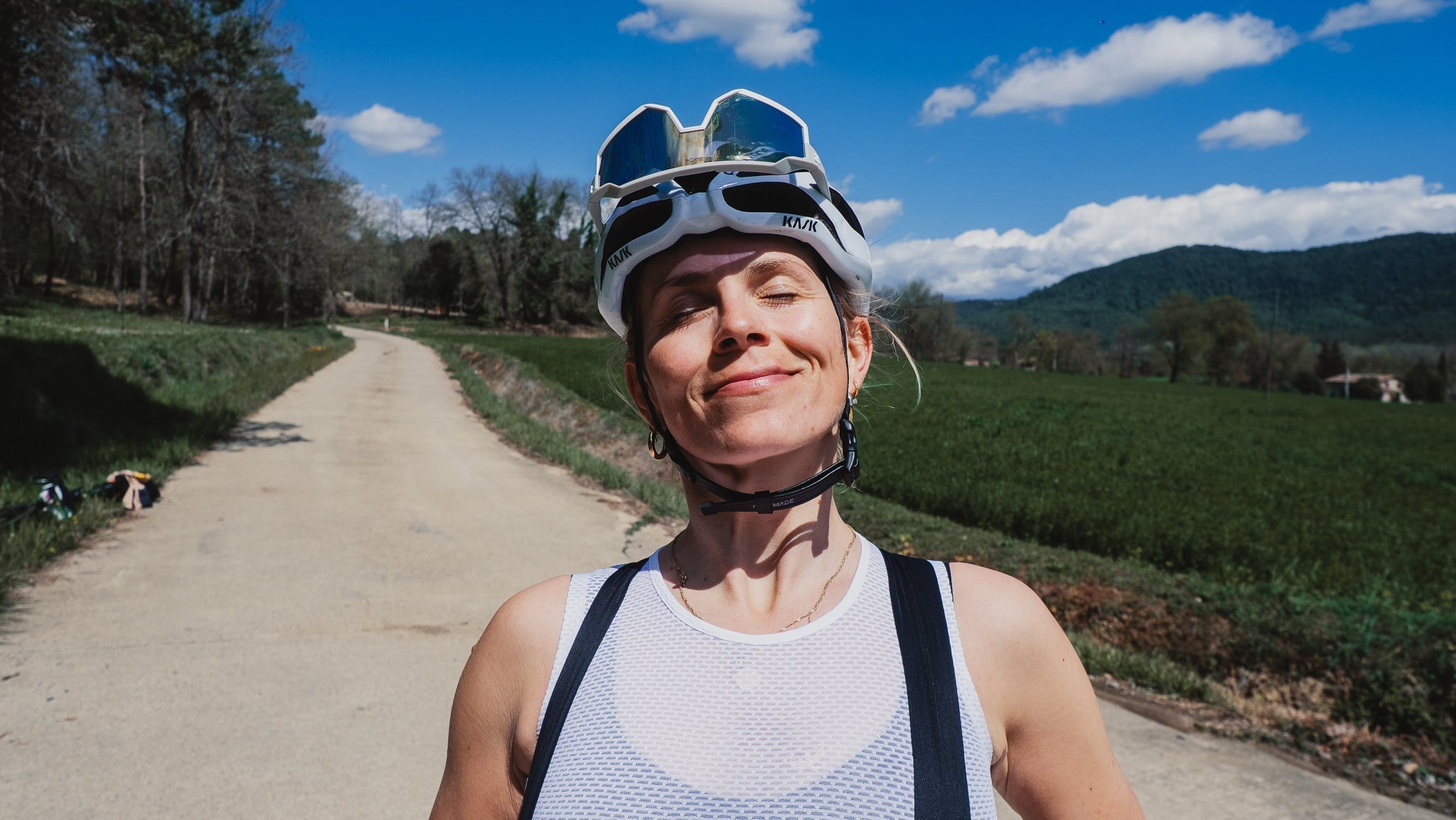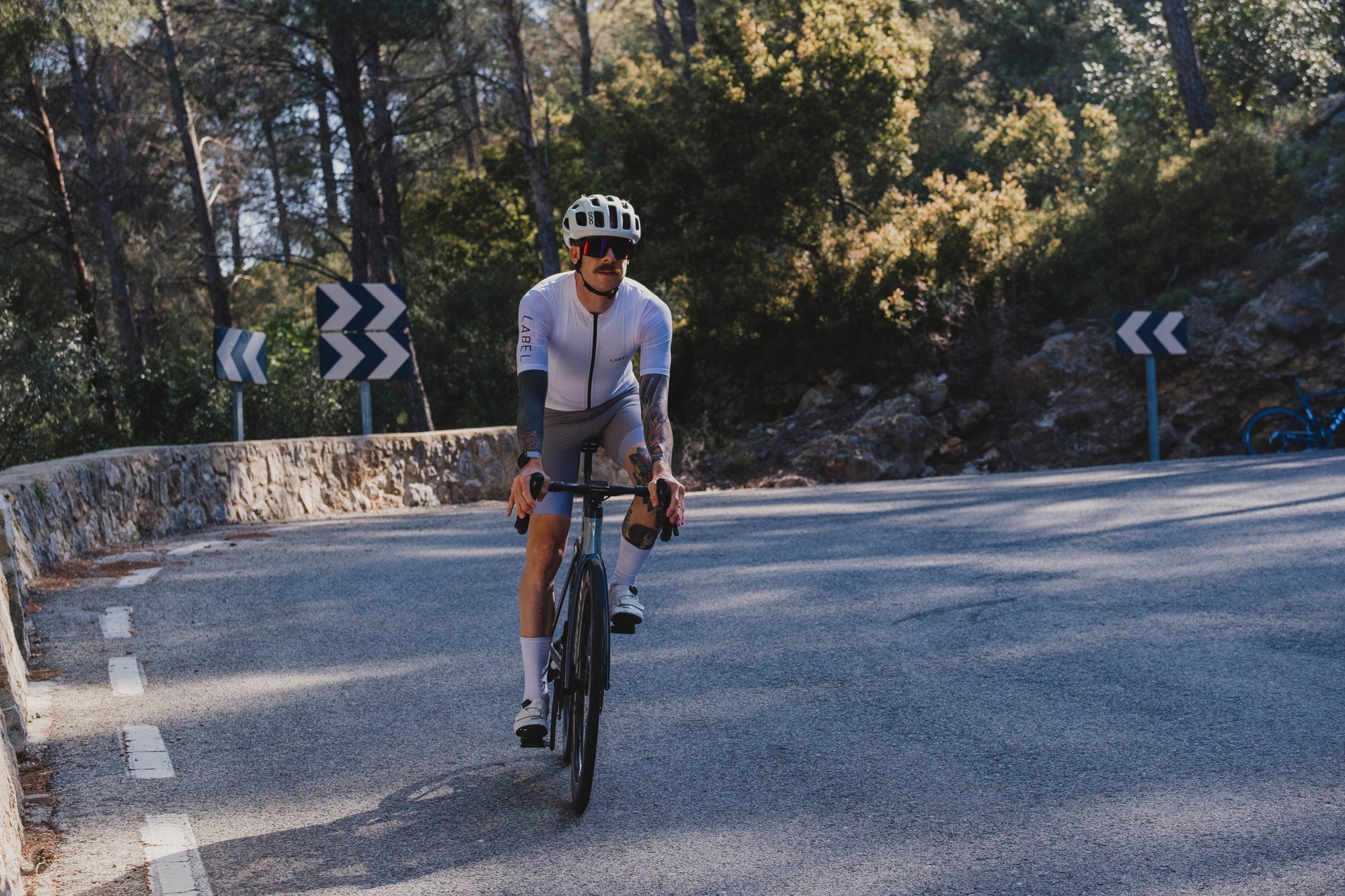
Cycling isn’t just about strong legs or a perfect FTP. It’s also about everything around the ride—nutrition, mindset, rest. And yeah, sleep. We all know sleep matters, but honestly, most of us don’t treat it like the performance tool it is. Maybe because it feels passive, or because it's easy to cut corners when life gets in the way. But if you've ever wondered why you felt off during a ride even when your training looked solid, sleep might be the missing piece.
It starts with energy
Ever gone out on a ride after a short night and felt fine for the first 20 minutes? And then, out of nowhere, your legs go heavy, your motivation dips, and you're counting the kilometres home. That’s not just fatigue—that’s your body trying to function without proper recovery.
Sleep helps refill your energy stores, especially glycogen. It's what your muscles burn on long rides. Without enough sleep, even if you eat well, your body doesn’t store that energy as efficiently. And no surprise, the less glycogen you’ve got, the quicker you’ll fade.
Your body repairs while you rest
Training tears your body down. Sleep builds it back up. That’s when muscle repair kicks in, hormones rebalance, and inflammation goes down. If you’re skimping on sleep, you’re not recovering properly—even if you’re nailing your nutrition and stretching every day.
You might not notice it immediately, but after a few days of poor sleep, those little aches linger longer, and rides start to feel harder than they should. It’s not just soreness, either. Reaction time, coordination, even how your joints move—sleep plays a role in all of that.
Mental clarity matters too
Cycling isn’t just legs. It’s focus, timing, awareness. Especially in a group ride or race, where reading the bunch or making a split-second decision can be the difference between holding a wheel or getting dropped.
Sleep deprivation dulls your brain. You react slower. You second-guess yourself. You might miss a pothole or fumble a corner. These aren’t dramatic crashes; it’s more like an accumulation of micro-mistakes that make the ride more stressful and less enjoyable.
It changes how effort feels
This part’s weird. Even if your actual physical ability doesn’t drop dramatically after one bad night, the ride still feels harder. Your perceived effort increases. So you’re doing the same thing, but it feels worse. And that can mess with your head.
You might back off just because it feels like you’re pushing harder than usual. That throws off pacing, which matters a lot on long rides or structured training. And over time, if every ride feels like a grind, motivation starts to slip too.
Consistency beats perfection
You don’t need to be perfect. Skipping a few hours of sleep once in a while won’t ruin your fitness. But consistently poor sleep? That builds up. It makes you more likely to overtrain, get sick, or even lose interest in the whole process.
One thing I started doing was treating sleep like training. Not obsessively, just giving it more space. I try to go to bed at the same time, limit screens after rides, and keep the room cool and quiet. None of that’s groundbreaking. But it works.
If you’re serious about cycling, or even just serious about enjoying it more, you have to look beyond the bike. Sleep might not feel like training, but it affects every part of your performance—from how your legs feel to how your mind works on the road.
So maybe ask yourself: are you underperforming because of your training… or just because you didn’t sleep enough last night?
Shop our collections
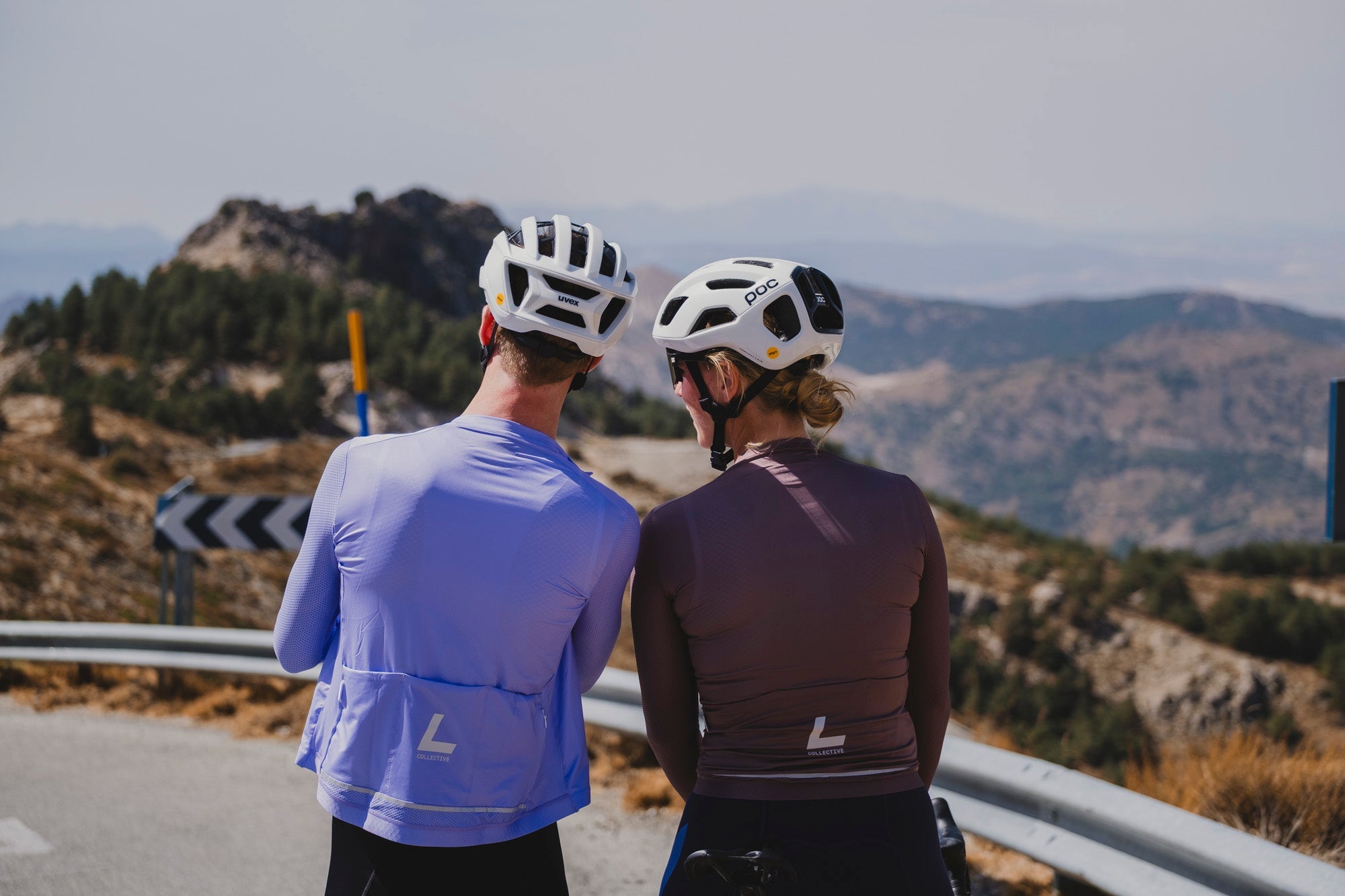
Jerseys
